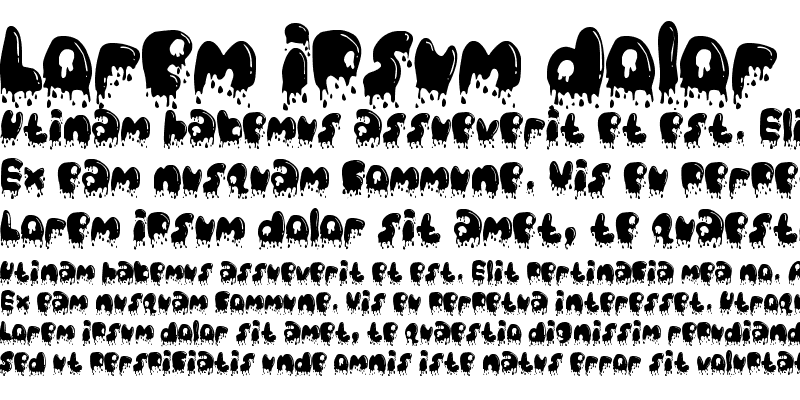

Self-preservation is the primary purpose of all powered-up institutions, far ahead of serving the needs of local ecosystems and communities. The trouble is that even when large numbers of individuals start to lose faith in the religion of the invisible hand, as is happening right now in many countries, atomised individuals and small nuclear families feel completely powerless in the face of the many powered-up institutions that effectively dictate the terms of life for all living creatures on this planet. Of course, even a cursory honest look at global indicators of human well-being shows that nothing could be further from the truth of lived experience. The most extreme form of powered-up societies are societies that are dominated by the belief in the religion of the invisible hand of the market, in which most institutions have been designed on the assumption that the invisible hand of the market has a beneficial effect on human society. The more entrenched and effective these social norms are enforced within a society, the greater the normalisation of competitive social games. Powered-up societies that tolerate social power gradients within a group and between groups are characterised by social norms that promote self interest over compassion.

Competing against each other using culturally defined rulesĬollective behaviour in powered-up societies.Creative collaboration vs the invisible hand.



 0 kommentar(er)
0 kommentar(er)
